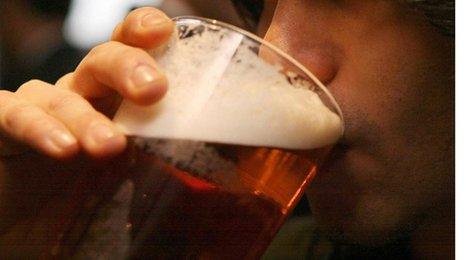Plans to punish drug-drivers announced in Queen's Speech
- Published
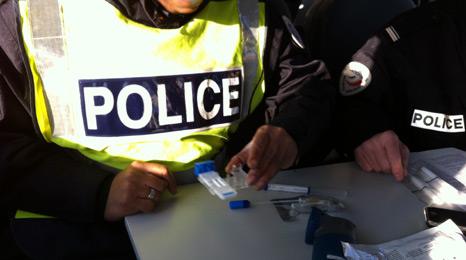
Roadside drug testing kits are already used in other European countries
New measures to tackle drug-driving have been announced in the Houses of Parliament.
The plans aim to give police more powers to prosecute those caught driving after taking substances like cannabis and cocaine.
The new law is part of the Queen's Speech, which was announced earlier.
At the moment officers have to prove that drugs have affected someone's ability to drive in order to charge them.
Impairment tests, like making drivers stand on one leg or count to 30, are used as well as taking them to stations for a blood test.
The new rules will allow officers in England, Scotland and Wales to carry out roadside tests, using so called "drugalysers".
Those caught could face a fine of £5,000, a driving ban of at least 12 months as well as a prison sentence.
You've been telling us what you think about this.
Kola Osinnowo, 22
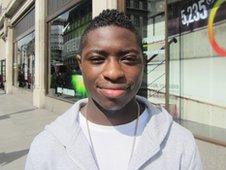
"I don't know anyone that's done it, but I know it definitely does happen after clubbing or after house parties.
"People after smoking a joint then go and start driving.
"With drinking, it happens still, so there's nothing to say it won't happen with drugs as well.
"People will always do it anyway."
Bronte Waissen, 19
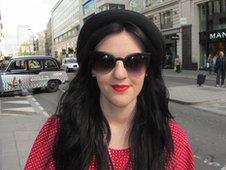
"They should have done this ages ago.
"If you're under the influence of drugs, some stronger drugs are a lot worse than drink I think.
"At least the government are doing something about it, even if it doesn't solve the problem."
Ellis Bullement, 19
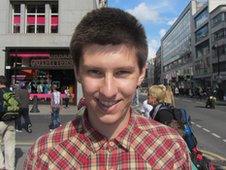
"Harder drugs like heroin, cocaine, are much worse than say a bit of casual cannabis or something like that.
"But it shouldn't be allowed because you can end up doing some crazy things on anything really.
"I know people who've done drugs and drive, alcohol and driven and it's never ended well.
"A couple of friends have been in accidents to do with it."
- Published22 December 2011
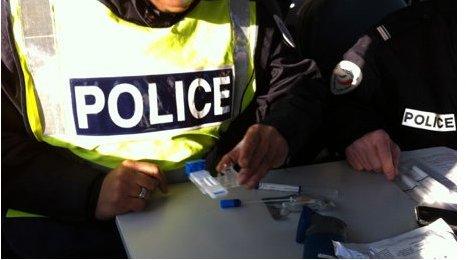
- Published1 December 2010
